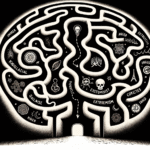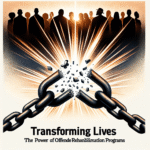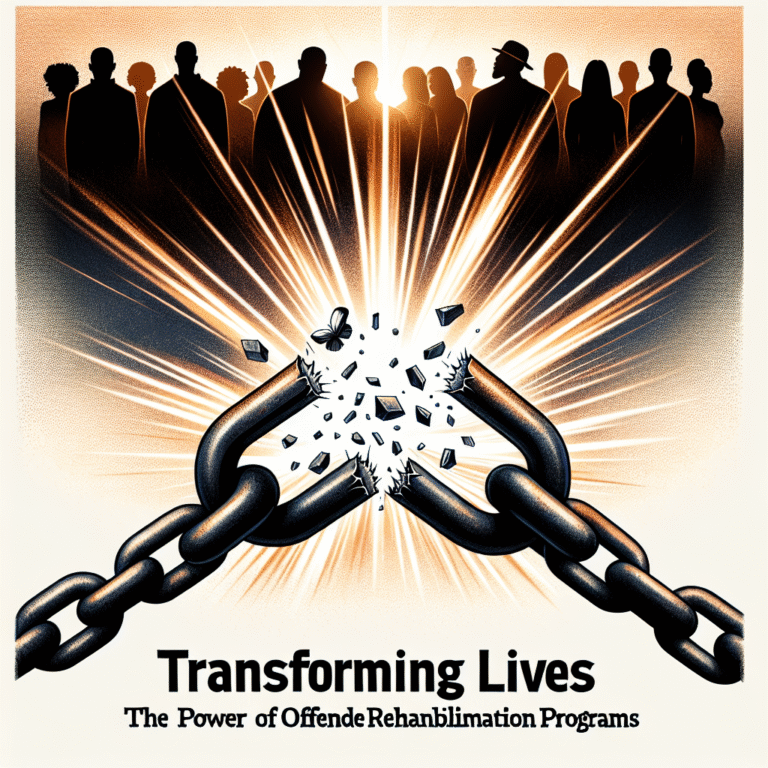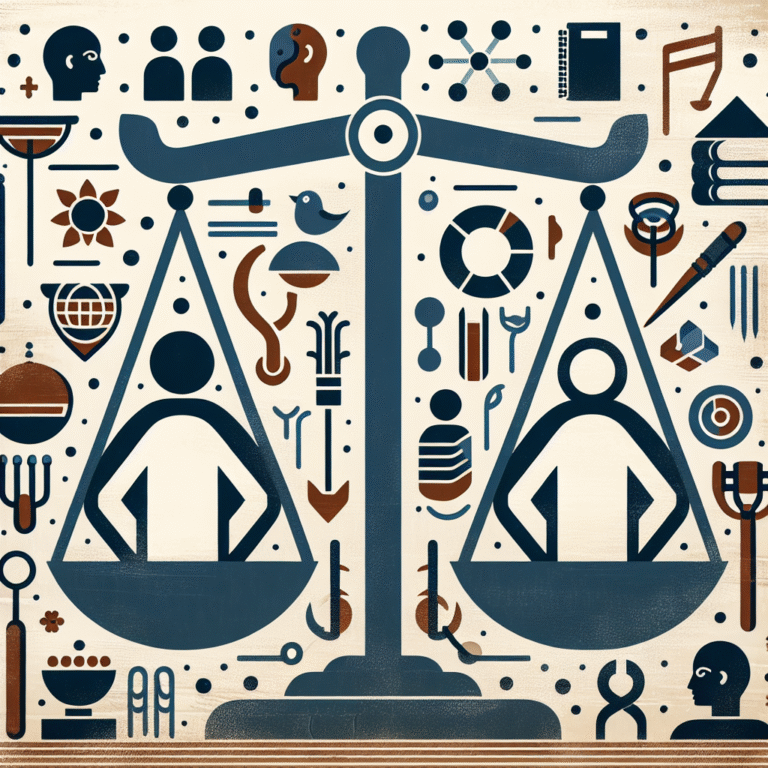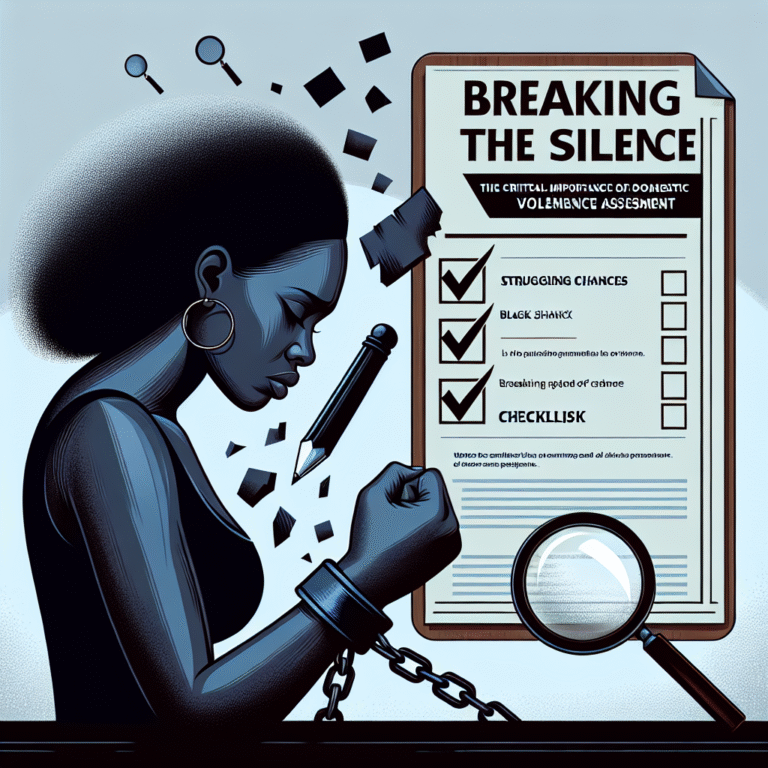Introduction
In a world where the legal system often appears as an impenetrable maze, the rising tide of mental health courts offers a beacon of hope. These specialized courts embody the profound transformation our justice system desperately needs. As these innovative platforms continue to evolve, they challenge traditional notions of punishment and rehabilitation, ushering in an era of restorative justice—where the focus shifts from mere incarceration to holistic healing. "Beyond Incarceration: The Transformative Power of Mental Health Courts" highlights not just a legal alternative but a road to recovery for countless individuals trapped in the cycle of the criminal justice system due to untreated mental health issues.
This article will delve deep into the workings of mental health courts, illustrating their successes through real-world case studies, and unpacking the profound implications they hold for individuals, communities, and society at large.
The Need for Mental Health Courts
The Mental Health Crisis in the Justice System
Every year, millions of individuals with mental illnesses find themselves entangled in the criminal justice system. With the lack of accessible mental health resources, these individuals often do not receive the treatment they need, leading to a vicious cycle of arrest and incarceration. In fact, as reported by the Treatment Advocacy Center, individuals with severe mental illness are incarcerated at a rate of 10 times higher than those without mental health issues.
Table 1: Statistics on Mental Health and Incarceration
| Statistic | Percentage/Number |
|---|---|
| Individuals with Mental Illness | ~20% of the U.S. prison population |
| Repeat Offenders | ~70% of those with untreated mental illness |
| Recidivism rates | 3-5 times higher for individuals with mental illness |
Traditional Justice vs. Mental Health Courts
The traditional judicial process often approaches offenders from a punitive perspective, focusing on punishment rather than rehabilitation. In contrast, mental health courts operate on a collaborative framework. They bring together judges, mental health professionals, and social services to create a comprehensive plan tailored for each individual. This proactive approach not only addresses the root causes of criminal behavior but also promotes recovery.
How Mental Health Courts Operate
A Collaborative Approach
At the heart of mental health courts is a commitment to collaboration. Judges, attorneys, and therapists work in tandem, creating a support system that monitors the defendant’s progress through treatment programs. This team-based effort fosters an environment of accountability while also providing the necessary support for healing.
Court Process Simplified
- Referral: Defendants are often referred to mental health courts by attorneys, judges, or directly from the traditional court system.
- Assessment: A thorough evaluation is conducted, determining the mental health needs of the individual.
- Treatment Plan: Based on the assessment, a tailored treatment plan is designed, including therapy, medication, and community support.
- Monitoring: Regular appearances in court allow judges to monitor progress, ensuring compliance with treatment while providing encouragement.
Chart 1: Steps in Mental Health Court Process
Case Studies: Real-World Applications
Case Study 1: The Success of the Miami-Dade Mental Health Court
The Miami-Dade Mental Health Court, established in 2000, serves as one of the pioneering examples of this transformative approach. Focused on diverting individuals with severe mental health issues from the prison system, Miami-Dade offers an integrated support system comprising mental health treatment, housing assistance, and job training programs.
Analysis: This court has reportedly seen a 95% reduction in recidivism among participants, underscoring the potential of mental health courts to create lasting change.
Case Study 2: The Effectiveness of the Brooklyn Mental Health Court
In Brooklyn, the mental health court has thrived on innovation, focusing on a rapid response model that prioritizes immediate needs. Participants receive swift access to mental health services and ongoing support, which helps break the cycle of detention and re-arrest.
Analysis: The Brooklyn Mental Health Court showcases the importance of timely interventions, leading to a decrease in the duration of court involvement and increased engagement in treatment.
The Broader Impact of Mental Health Courts
Benefits for Individuals
- Treatment over Punishment: Participants receive the mental health treatment they need rather than punitive sentences.
- Reduced Stigma: Public awareness around mental health issues is raised, fostering a more supportive community.
- Improved Quality of Life: Successful program participants often report better overall quality of life, increased stability, and strengthened community ties.
Community and Societal Benefits
- Reduced Costs: Diverting individuals from incarceration leads to decreased costs for the justice system and taxpayers.
- Lower Crime Rates: Communities benefit from reduced crime rates as treatment and rehabilitation take precedence over cycles of reoffense.
Table 2: Societal Benefits of Mental Health Courts
| Benefit | Description |
|---|---|
| Cost Savings | Significant reduction in incarceration costs |
| Community Safety | Decreased crime rates due to effective treatment |
| Enhanced Public Health | Healthier individuals contributing to society |
The Challenges Ahead
Despite the successes, mental health courts face numerous challenges. Funding for these specialized courts can be inconsistent, leading to resource limitations. Additionally, public perception around mental health can hinder the expansion and acceptance of these programs.
Moreover, the lack of uniformity in procedures can create disparities in access to these courts across different jurisdictions.
Conclusion
"Beyond Incarceration: The Transformative Power of Mental Health Courts" is not just a theoretical exploration; it is a movement toward redefining justice. The powerful implications of mental health courts signify that empathy, rehabilitation, and community can coexist within our judicial framework. By placing mental health at the forefront of criminal justice reform, we have the opportunity to break the cycle of incarceration and nurture healthier, safer communities.
As we look to the future, the challenge remains: how do we advocate for broader implementation, consistent funding, and societal acceptance of mental health courts? Each of us plays a role in nurturing a culture that prioritizes healing over punishment. Together, we can transform the landscape of our justice system for the betterment of all.
FAQs
1. What is a mental health court?
A mental health court is a specialized court designed to handle cases involving individuals with mental health issues, focusing on rehabilitation and treatment instead of punishment.
2. How do mental health courts differ from traditional courts?
Mental health courts emphasize therapy and support rather than incarceration, tailoring their approach to individual needs and promoting recovery.
3. Who is eligible for mental health court?
Eligibility varies by jurisdiction but typically includes defendants diagnosed with a mental illness whose crimes are linked to that illness.
4. What resources are available to individuals in mental health courts?
Participants often have access to mental health treatment, case management, housing assistance, and job training programs.
5. How successful are mental health courts?
Studies show that mental health courts can significantly reduce recidivism rates, improve quality of life for participants, and lower costs associated with incarceration.
In cultivating a society where mental health and justice intersect, we can all play a part in fostering understanding, support, and transformation. By sharing the story of mental health courts, we illuminate a path toward a more compassionate future.
